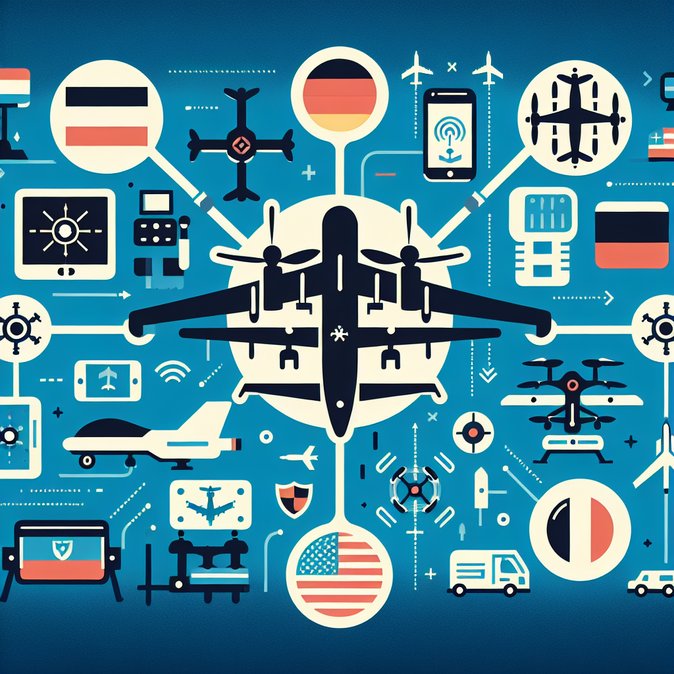
Addressing the Chamber of Representatives on 13 November, Defence Minister Theo Francken confirmed that the United States has offered ‘technical and operational assistance’ to help Belgium counter the surge in illegal drone flights over airports, military bases and energy facilities. Germany, France and the United Kingdom already have specialist teams and equipment deployed on Belgian soil; Washington’s contribution is expected to focus on electronic-warfare sensors and data-fusion support.
The diplomatic move follows a National Security Council decision on 6 November authorising Belgian security forces to disable unidentified drones by force if necessary. Since September, authorities have logged at least 17 drone incidents, including repeated overflights of the nuclear-capable Kleine-Brogel base and two separate shutdowns of Brussels Airport. Investigators suspect state-sponsored reconnaissance, although no nation has been formally accused.
![United States Joins European Allies in Belgian Anti-Drone Effort]()
For multinationals headquartered in Brussels, the deepening international co-operation is a welcome sign that Belgium is treating drone incursions as a national-security issue, not merely an aviation nuisance. Enhanced surveillance should reduce the likelihood of unplanned airport closures that ripple through corporate travel schedules.
Practically, mobility teams should expect increased security presence near airports and key installations, possible short-term air-space restrictions and more rigorous cargo inspections. Companies operating their own drones—common for engineering or media projects—should double-check permit requirements and flight plans to avoid being grounded by the new counter-UAS task-force.
The diplomatic move follows a National Security Council decision on 6 November authorising Belgian security forces to disable unidentified drones by force if necessary. Since September, authorities have logged at least 17 drone incidents, including repeated overflights of the nuclear-capable Kleine-Brogel base and two separate shutdowns of Brussels Airport. Investigators suspect state-sponsored reconnaissance, although no nation has been formally accused.

For multinationals headquartered in Brussels, the deepening international co-operation is a welcome sign that Belgium is treating drone incursions as a national-security issue, not merely an aviation nuisance. Enhanced surveillance should reduce the likelihood of unplanned airport closures that ripple through corporate travel schedules.
Practically, mobility teams should expect increased security presence near airports and key installations, possible short-term air-space restrictions and more rigorous cargo inspections. Companies operating their own drones—common for engineering or media projects—should double-check permit requirements and flight plans to avoid being grounded by the new counter-UAS task-force.









